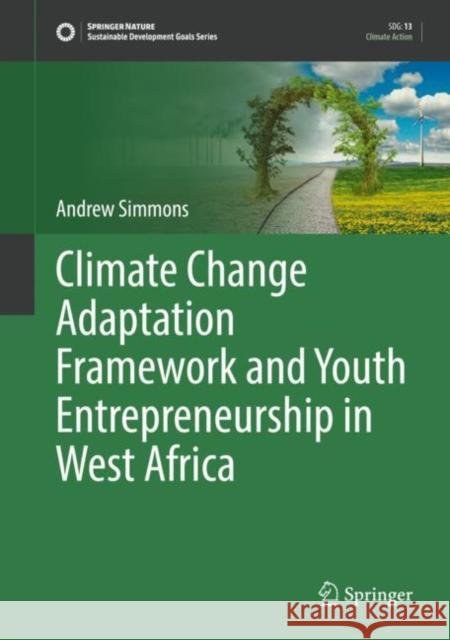Climate Change Adaptation Framework and Youth Entrepreneurship in West Africa » książka
topmenu
Climate Change Adaptation Framework and Youth Entrepreneurship in West Africa
ISBN-13: 9783030857530 / Angielski / Twarda / 2021
Climate Change Adaptation Framework and Youth Entrepreneurship in West Africa
ISBN-13: 9783030857530 / Angielski / Twarda / 2021
cena 523,30
(netto: 498,38 VAT: 5%)
Najniższa cena z 30 dni: 501,19
(netto: 498,38 VAT: 5%)
Najniższa cena z 30 dni: 501,19
Termin realizacji zamówienia:
ok. 16-18 dni roboczych.
ok. 16-18 dni roboczych.
Darmowa dostawa!
Kategorie:
Kategorie BISAC:
Wydawca:
Springer
Seria wydawnicza:
Język:
Angielski
ISBN-13:
9783030857530
Rok wydania:
2021
Wydanie:
2022
Numer serii:
000812045
Waga:
0.54 kg
Wymiary:
25.91 x 20.32 x 1.27
Oprawa:
Twarda
Wolumenów:
01











